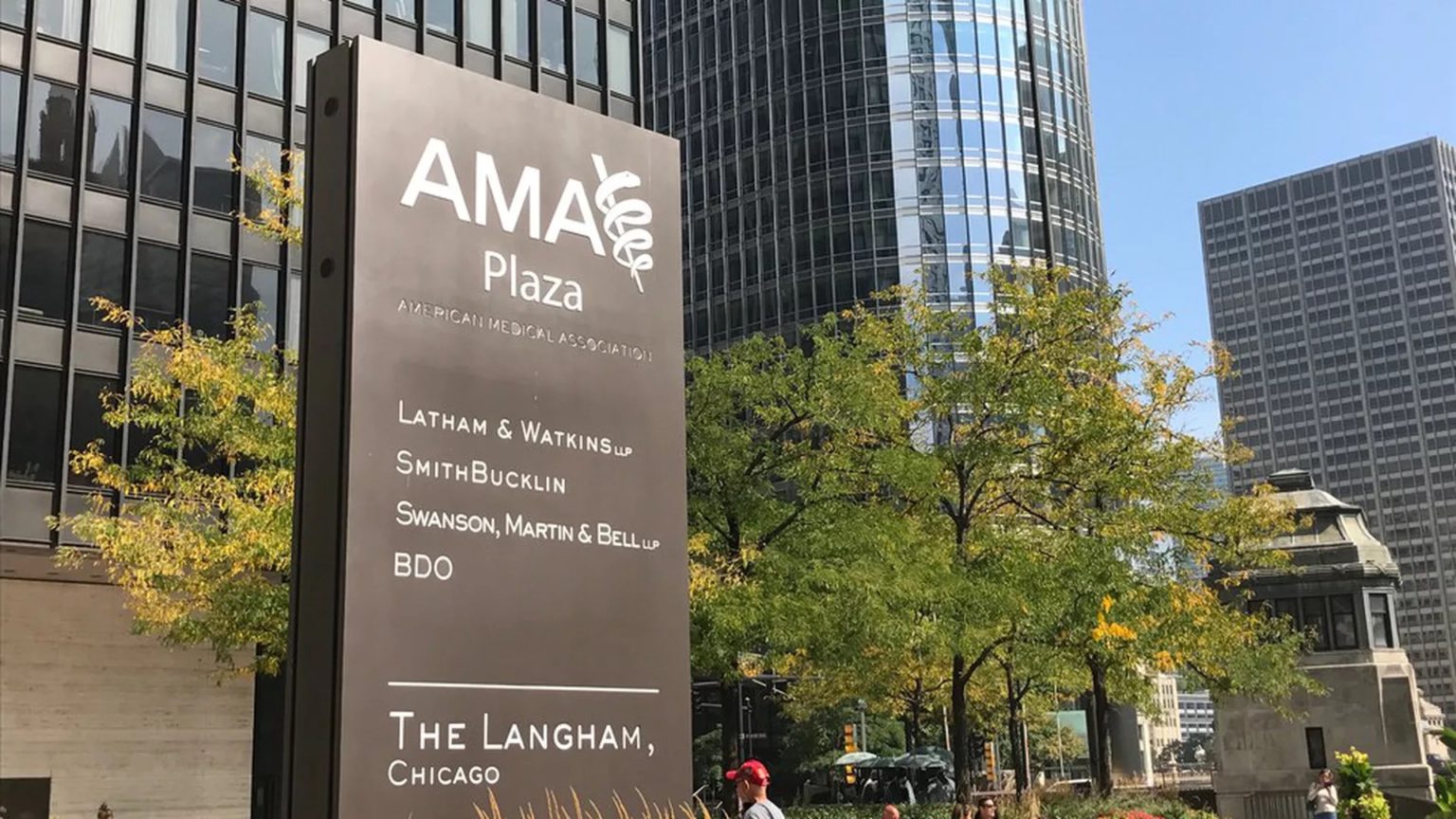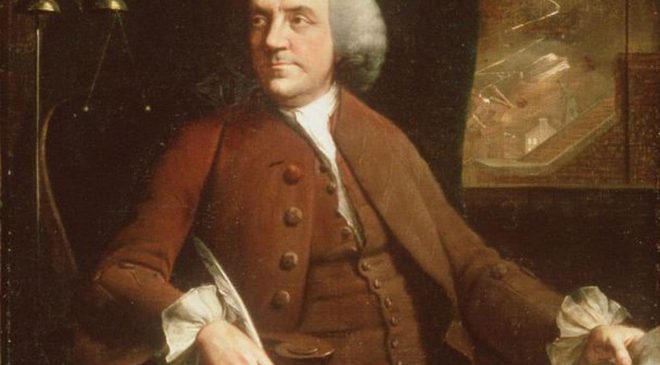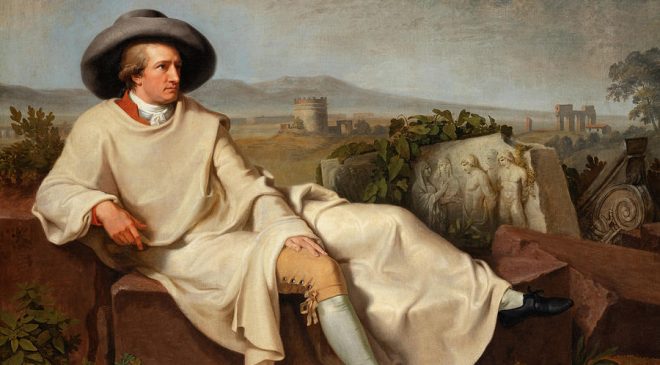The American Medical Association now tells doctors: Use woke language! It’s issued a 54-page guide telling doctors things like, don’t say “equality”; say “equity.” Don’t say “minority”; say “historically marginalized.”
Much of the AMA’s advisory sounds like Marxism: “Expose…property rights…Individualism is problematic…Corporations…limit prospects for good health…people underpaid and forced into poverty as a result of banking policies.”
This is too much even for some on the left, like writer Matthew Yglesias, whose article about the AMA caught my attention.
“Can you imagine anyone actually doing this?” asks Yglesias in my new video. “What would happen if you were in a clinical setting, and somebody starts giving you this lecture about landowners?…Nobody practices medicine like that, and it wouldn’t be helpful to anybody!”
He points out that while the AMA now tells doctors to call poor neighborhoods “systematically divested,” not “poor,” it has long lobbied for things that hurt poor people, like restricting the number of doctors.
The U.S. has fewer doctors than other countries. Per person, Austria has twice as many.
“We have the best paid physicians in the world and the scarcest physicians in the world,” says Yglesias. “That’s not a coincidence.”
Years ago, in most of America, anyone could practice medicine. Licensed doctors didn’t like that. That led to the formation of the AMA.
They’re a trade group, says Yglesias. “They…advance the interests of their members.”
Like the teachers union or dock workers union.
“It’s called a trade association rather than a union,” says Yglesias. “But it’s never been all that different.”
In 1986, the AMA called for smaller enrollment in medical schools, to curb an alleged doctor “surplus.” In 1997, it even got the government to pay hospitals not to train doctors!
Today, the AMA supports rules that make it hard for doctors from other countries to practice here. Foreign doctors must complete a U.S. residency program. They don’t get credit for having practiced abroad.
Such rules preserve America’s doctor shortage. That shortage allows the average doctor to make more than $200,000 a year.
Well-paid doctors can be choosy about where they work. It’s why it’s tough to find a doctor in rural America, says Yglesias.
There are lots of Walmarts and Targets in rural areas because there is no limit on big stores. Walmart and Target compete to serve as many communities as they can.
Likewise, “Restaurants keep time that’s convenient for their customers. Doctors keep hours that are convenient for doctors.”
I asked the AMA for an interview about this, but they declined. They sent us a statement saying they’ve worked to approve “approximately 20 new medical schools.”
Why does the AMA and its “Liaison Committee on Medical Education” even get to approve new schools? I don’t get to approve new TV reporters.
The AMA’s statement claims it supports “increasing…the number of physicians.” If that’s true, it’s long overdue. A study in Annals of Internal Medicine says if there were more primary care doctors, 7,200 lives would be saved.
Since doctors are scarce, more people go to nurses for help. But AMA lobbyists push for laws that require nurses to be supervised by a doctor.
“That makes it much harder to open retail health clinics…[that offer] low-cost, high-convenience treatment,” says Yglesias. “Nurses have a lot of training…there’s a lot of useful stuff that they can do.”
The AMA’s lobbying hurts poor people most.
The AMA doesn’t like talking about that. Instead, it now obsesses about politically correct language, telling doctors, don’t say, “ex-cons”; say “formerly incarcerated.” Don’t say “slaves”; say “enslaved people.”
It’s hard to imagine how that helps patients.
Yglesias concludes, “Getting really obsessed with language politics is a good way to position themselves as the good guys, without addressing their own role in creating these problems.”




